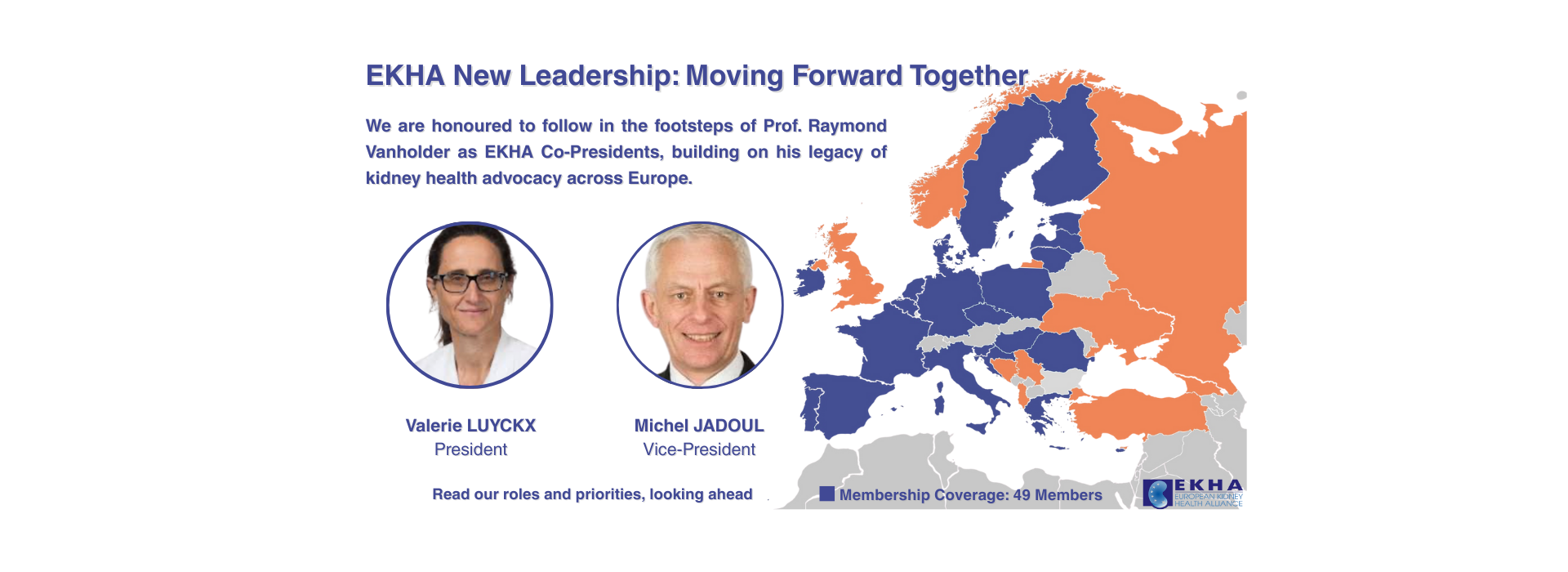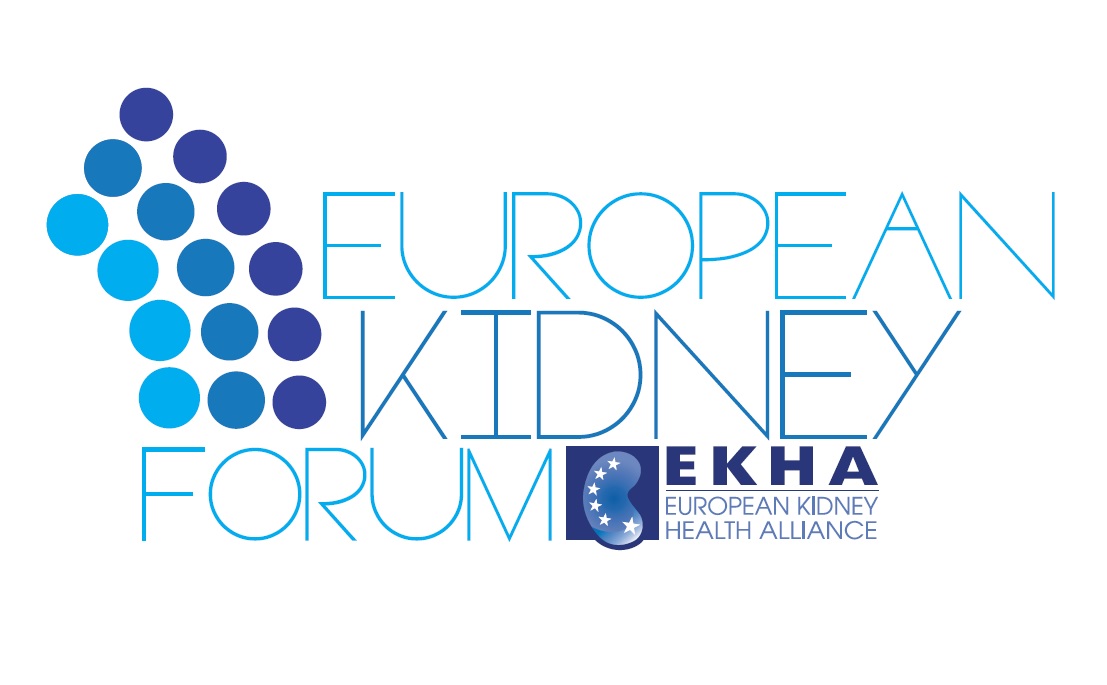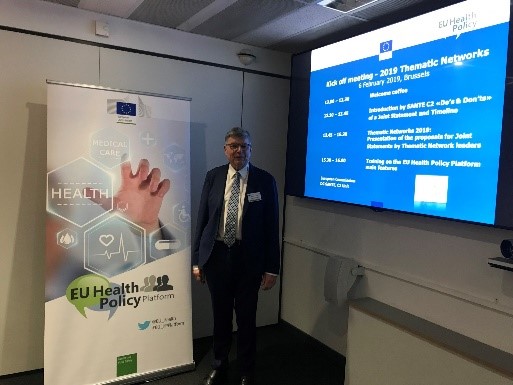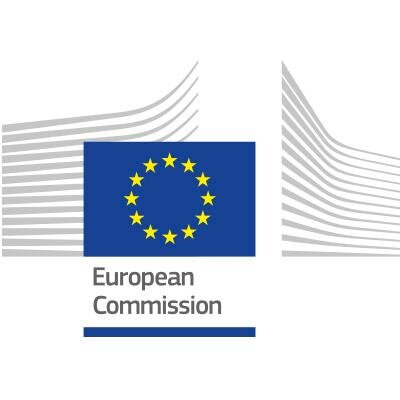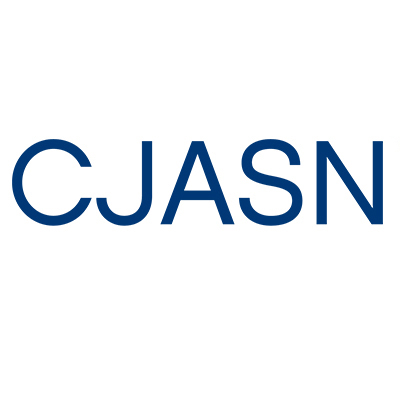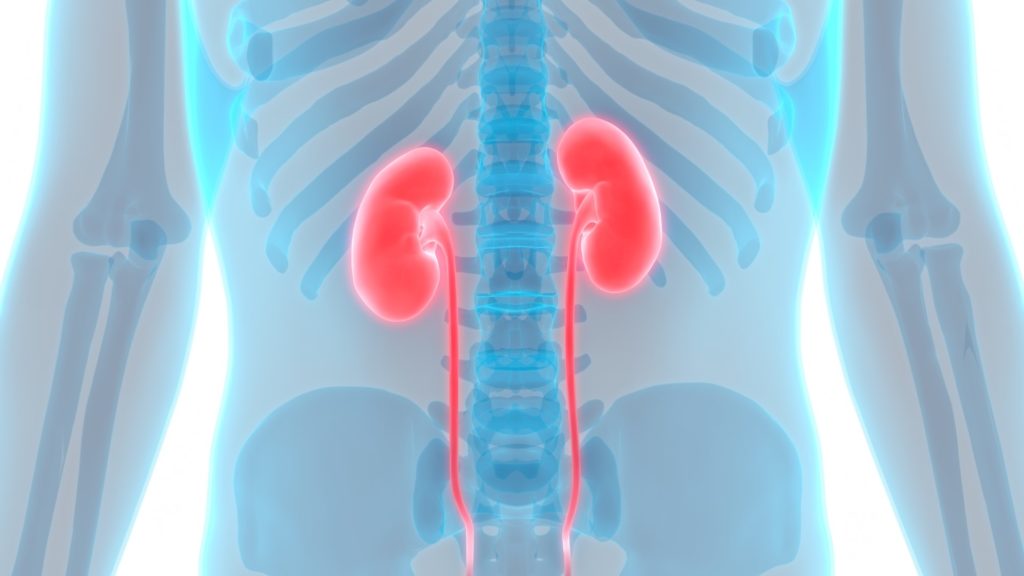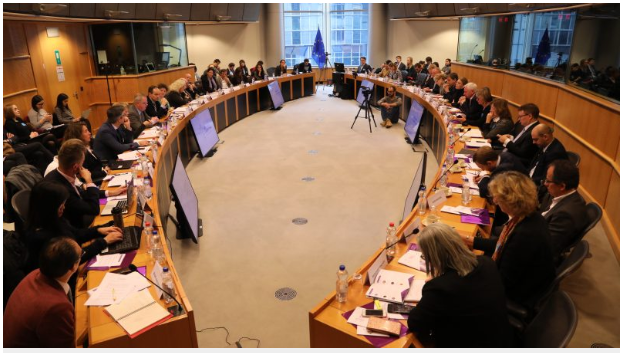EKHA New Leadership: Moving Forward Together
We are honoured to follow in the footsteps of Prof. Raymond Vanholder as EKHA Co-Presidents, building on his legacy of kidney health advocacy across Europe.
Dr. Valérie Luyckx
I am a nephrologist and global citizen, currently based in Switzerland, with formative roots in South Africa, the USA, Canada, and Italy. Over my career, I have cared for adults and children with kidney disease in both high- and low-resource settings—experiences that deepened my understanding of inequities in diagnosis and treatment.
For several years I have been engaged in advocacy at the International Society of Nephrology (ISN), learning from seasoned advocacy professionals. Through my international work I support the WHO and PAHO as a consultant in non-communicable diseases, with a focus on CKD and dialysis in emergencies. I also serve on the Kidney Relief in Disaster Task Force and the Ethics Committee of the European Renal Association (ERA).
Following the EU’s support for the Kidney Health Resolution—proposed by Guatemala and adopted at the World Health Assembly in May 2025—I am excited to co-lead EKHA, with Michel and Amanda (our new General Manager), in advocating for kidney health as a cornerstone of overall well-being. Early diagnosis and timely treatment are not only life-improving for individuals but also cost-effective for societies— across Europe and beyond.
Prof. Michel Jadoul
I am an academic nephrologist, trained in Brussels and Utrecht, now an emeritus professor of UCLouvain, while continuing to care for adult patients daily. It is a pleasure to join Valérie and Amanda in leading EKHA, united in the mission to strengthen kidney health advocacy throughout our region.
For more than 37 years, I have worked to fight kidney disease—both as a clinician caring for individuals and as a scientist advancing the understanding and management of kidney diseases. My most recent major role was serving seven years as co-chair of Kidney Disease: Improving Global Outcomes (KDIGO), the foundation that publishes global clinical guidelines in nephrology. This work brought me into contact with colleagues in more than 70 countries, deepening my appreciation of the diverse realities of kidney care and the universal burden of kidney disease.
Looking Ahead
We take on this role at a time that is both challenging and hopeful. Wars, climate change, and environmental degradation threaten health, while kidney disease itself continues to weigh heavily—and to leave its own environmental footprint. Yet nephrology is advancing rapidly, with new therapies emerging and more on the horizon. This is the right moment to push for progress across our continent, which—though largely high-income— still faces important disparities.
What We Face in Europe
Many people with chronic kidney disease (CKD) remain undiagnosed, the true burden of acute kidney injury is underestimated, and access to kidney replacement therapies—especially transplantation—varies widely between countries. For rare diseases, access to advanced therapies often depends on insurance coverage. Kidney disease places a heavy strain not only on individuals, but also on families and healthcare systems—through strict diets, frequent medications, reduced mobility, repeated hospitalisations, job losses, social disruption, and high costs. Children and their families, though fewer in number, feel these
impacts especially strongly.
Consequently, while healthcare access across Europe is generally strong, we cannot be complacent.
Our Advocacy Priorities
Improving access to primary care throughout Europe is critical, as only around 20% of people with CKD are aware of their diagnosis. Even early CKD, though often silent, increases risks of heart disease and other complications. An individualized approach is needed to ensure quality care for all. Early management of risk factors—especially hypertension and diabetes—alongside CKD itself, can prevent progression, reduce
complications, and improve length and quality of life. This should be a basic expectation from all health systems and has been shown repeatedly to be cost-effective. EKHA will continue to highlight the importance of early diagnosis and treatment for individuals, families, and societies.
Even under the best circumstances, progression of kidney disease may not always be preventable. Fortunately, in much of Europe most people have access to kidney replacement therapies. But in-center dialysis should not be the default. EKHA will continue to advocate for home dialysis and for innovations to make dialysis greener and less burdensome. Above all, transplantation remains the optimal treatment for kidney failure—both for patients and for society. The demand for organs far exceeds the supply, and
waiting times are highly unequal between countries, driving some to purchase organs illegally. EKHA will press for greater progress in transplantation: supporting both living and deceased donation, ensuring optimal use of donated organs, combating organ trafficking, and advancing research to improve transplant outcomes.
Europe will be affected by the future global health crisis, and must be better prepared for crisis response. People with kidney disease are particularly vulnerable during such events, facing interruptions in care or medication supplies and increased infection risks. EKHA will continue to advocate for the urgent and complex needs of people with kidney disease to be fully integrated into emergency preparedness plans, ensuring that no one is left behind.
Moving Forward
As clinicians and advocates, we believe kidney health must rise higher on the European agenda. EKHA will continue to push for prevention, early detection, equitable access to high-quality care, sustainable treatment options, and stronger support for transplantation—because kidney health is vital not only for patients and families, but for the well-being of society as a whole.

